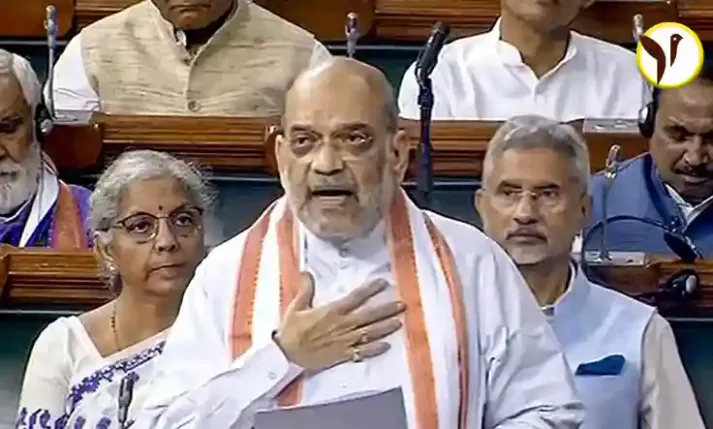Union Home Minister Amit Shah on August 11, Friday, introduced three bills in the Lok Sabha to replace the Indian Penal Code (IPC), the Indian Evidence Act (IEA), and the Criminal Procedure Code (CrPC). The bills, which are yet to be named, aim to overhaul the criminal justice system in India and ensure speedy justice.
The laws that will be repealed... The focus of those law was to protect and strengthen the British administration, the idea was to punish and not to give justice. By replacing them, the new three laws will bring the spirit to protect the rights of the Indian citizen," Amit Shah said in the Lower House of Parliament.
The first bill, the Bharatiya Nyaya Sanhita Bill, 2023, proposes to replace the IPC. The IPC is a British-era law that was enacted in 1860. The new bill includes a number of changes, including the introduction of capital punishment for mob lynching, imprisonment for sexual intercourse on false promises of marriage, and repeal of the sedition law.
The second bill, the Bharatiya Nagarik Suraksha Sanhita Bill, 2023, proposes to replace the CrPC, a law that was enacted in 1898. It includes changes that involve the introduction of a fast-track court system for cases of sexual violence and the establishment of a National Forensic Science University.
The third bill, the Bharatiya Sakshya Bill, 2023, proposes to replace the IEA. The IEA is a British-era law that was enacted in 1872. This includes the introduction of provisions for video recording of witness testimony and the establishment of a National Evidence Commission.
The bills will now be sent to a parliamentary standing committee for further scrutiny. Once the committee submits its report, the bills will be taken up for debate and passage in the Lok Sabha and the Rajya Sabha.
— Harshita Kumar







